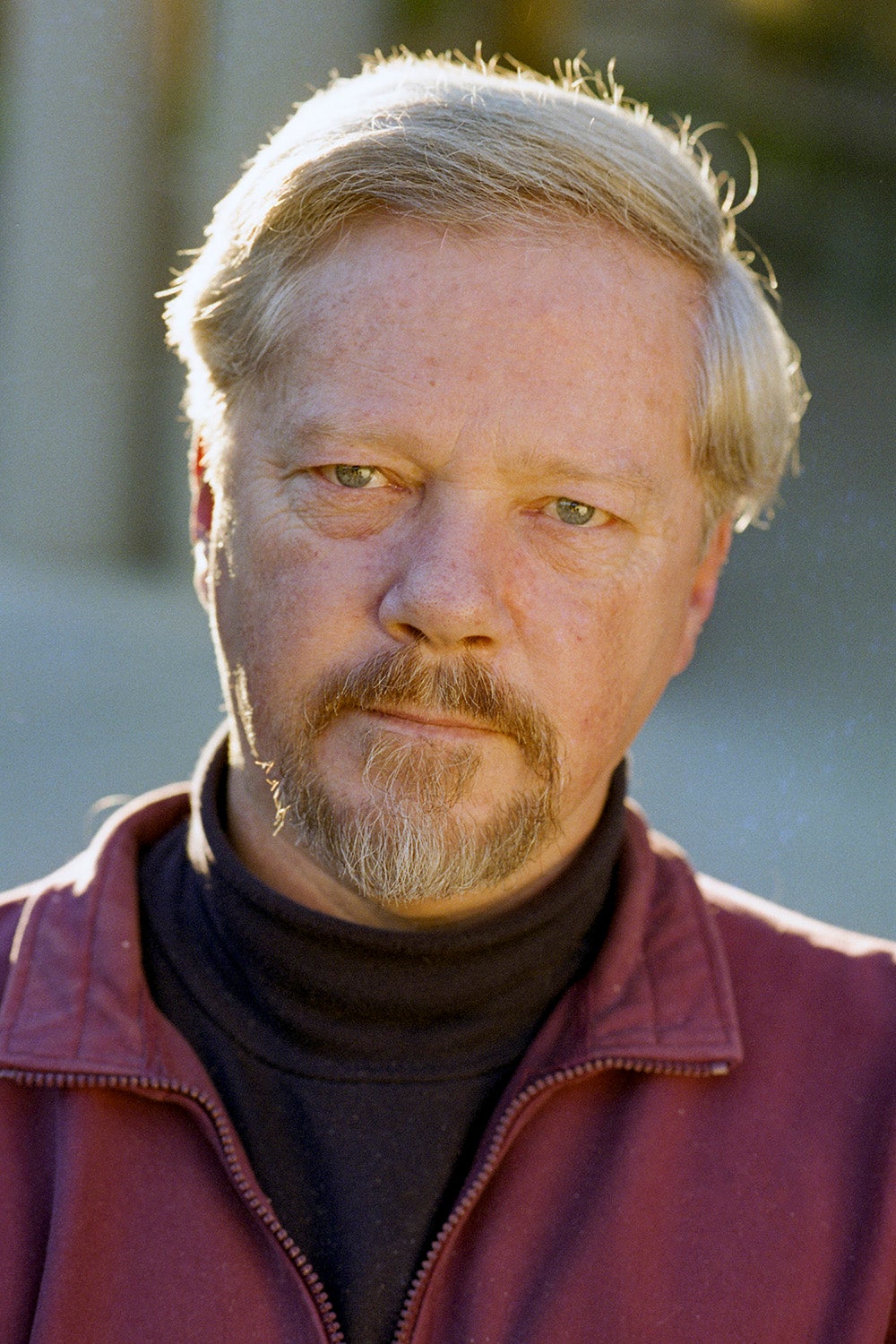Bruce Baker, the Dr. Morris Herzstein Professor in Biology in the School of Humanities and Sciences, Emeritus, at Stanford University, who helped elucidate the connection between genes and behaviors in fruit flies, died July 1. He was 72.

Bruce Baker, 1945-2018 (Image credit: L.A. Cicero)
Baker published over 150 papers over the course of his career, focusing mostly on the cellular and genetic mechanisms that determine sex in the fly species Drosophila melanogaster. He also explored how flies compensate for the chromosome imbalance between males and females (a process known as dosage compensation).
However, Baker is perhaps best known for his work, conducted in the late 1990s and 2000s while at Stanford, on a gene called fruitless (fru), which in fruit flies acts as a kind of master switch for male courtship behaviors. Baker, along with neurobiologist Barry Dickson, showed that the fru gene determined the degree to which male flies were attracted to females. Furthermore, triggering male-like expression of the gene in female flies led them to act like males – they wooed other females with an elaborate courtship dance that involves tender leg taps and serenades composed with vibrating wings.
The findings flew in the face of the conventional wisdom at the time, said Stanford neuroscientist Liqun Luo. The fruitless studies were a striking example of a single gene orchestrating a complex behavior in adult animals. “It was generally thought that genes specified neuronal connections and properties, but that it was the complex interactions between the neurons that gave rise to behavior,” said Luo, who is the Ann and Bill Swindells Professor in the School of Humanities and Sciences.
Due to the nature of his research, Baker was often pulled into the societal debate about whether sexual orientation in humans came down to nature or nurture. While Baker speculated that humans might carry genes and brain circuits that function similarly to the fru gene in flies, he stressed that environmental influences are undoubtedly stronger and more varied in people.
“Bruce really refined the nature versus nurture argument,” said Devanand Manoli, a former Stanford graduate student in Baker’s lab.
An inspiring teacher
Baker is remembered by former students and colleagues as a rigorous scientist whose gruff and quiet exterior hid a softer side.
When Dmitri Petrov first arrived at Stanford as a new faculty member, Baker paid an unannounced visit and brusquely offered space in his lab. “He then turned around and left,” recalled Petrov, who is the Kevin and Michelle Douglas Professor in the School of Humanities and Sciences. “I worked in Bruce’s lab for more than a year, and I owe much to his generosity over that time.”
Baker also took Luo under his wing when he joined Stanford as a junior faculty member in 1996. Luo recalls his help writing grants for the National Institutes of Health. “He taught me how to simplify my narrative while still remaining truthful, and urged me to be as straightforward as I could,” Luo said. “We all owe a lot to Bruce.”
As a researcher, Baker had a special talent for designing experiments, said Adelaide Carpenter, a geneticist at the University of Cambridge in the U.K. who had known Baker since graduate school. “His motivation was pure curiosity – he wanted to understand why nature behaves the way she does,” said Carpenter, who was Baker’s former partner.
Baker treated the graduate students and postdocs in his lab as colleagues, Manoli said. “He was very much someone who never told you what experiment to do or how to think about a question,” said Manoli, who is now an assistant professor of psychiatry at the University of California, San Francisco. “One of his favorite pieces of advice was ‘When you have a good hypothesis, don’t give it up.’”
Cat whisperer and adventurer
Baker was born on Dec. 20, 1945, in Swannanoa, North Carolina. He graduated with a bachelor’s degree in biology in 1966 from Reed College and a PhD in genetics from the University of Washington in 1971.
Prior to joining Stanford in 1986, Baker was a professor at the University of North Carolina, Chapel Hill, and the University of California, San Diego. In 2008, he moved to the Janelia Research Campus of the Howard Hughes Medical Institute in Ashburn, Virginia, from which he retired in 2016.
Baker was elected to the National Academy of Sciences in 1993 and served as vice president and president of the Genetics Society of America in 1993 and 1994, respectively.
Baker had a penchant for cooking Cajun, Creole and Thai food, and was an “avid gardener, cat whisperer and adventure traveler,” according to his wife, Allison Chin. The couple’s adventures included backpacking on Baffin Island in Canada, rafting the Aichilik River in the Arctic National Wildlife Refuge and exploring the Antarctic Peninsula.
Baker was also a secret whiz at the computer game Civilization, and for several of his years at Stanford he was the game’s top scorer under the pseudonym “King Bruce.”
Baker is survived by his wife; his sister, Ann K. Baker; and his brother, Brian D. Baker.
No public memorial service is planned. Memorial donations in Baker’s name may be made to Heifer International or the Sierra Club Foundation.
Media Contacts
Ker Than, School of Humanities and Sciences: (650) 723-9820, kerthan@stanford.edu